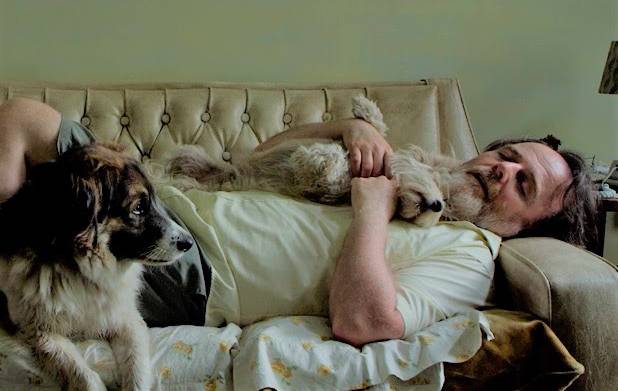IFFI celebrates Portuguese, Argentinian films
Alba Silveira | Panjim
From the storied land of Portugal, Paloma has arrived at the 53rd edition of IFFI and is contesting in the ICFT-UNESCO Gandhi Medal category. Paloma decides to realise her most-cherished fantasy on a hot summer day: a traditional wedding in a church with her boyfriend Zé. She works hard as a farmhand on a papaya plantation and is a dedicated mother. She has been saving up money for this long-cherished dream. However, as the local priest refuses to officiate her wedding, her fantasy gets a reality check. This transgender lady experiences abuse, betrayal, bigotry, and injustice, yet her faith and resolve remain unfazed.
 |
| A still from the film Paloma |
Other films of Portuguese origin that the delegates at 53rd IFFI can relish are Great Yarmouth (2022) directed by Marco Martins and Pacifiction (2022) directed by Albert Serra.
With a history going back all the way to 1896 and a host of totemic names in its canon, the story of Portuguese cinema is one that interests all movie buffs. Six months after the Lumiere brothers made history, on 18 June 1896, at the Real Colyseu da Rua da Palma no 288, in Lisbon, cinema in Portugal was born. A Severa, the first entirely talking sound Portuguese film, was created in 1931.
 |
| A still from the film Pacifiction |
Shortly Portuguese Cinema would enter its Golden Age, which began in 1933 with A Canço de Lisboa, and would extend for the following 20 years, with movies like O Pátio das Cantigas (1942) and A Menina da Rádio (1944). Such was the dynamism of the Portuguese cinema world that Manoel de Oliveira's debut feature, Aniki-Bóbó (1942), featured a kind of realist aesthetic that was a year ahead of the much-celebrated Italian neorealism.
Also, Siete Perros (Seven Dogs) directed by Argentinian filmmaker Rodrigo Guerrero is being screened under the International Competition Category at IFFI 53. The 2021 film has been nominated for the coveted Golden Peacock and is the Argentinian Director’s fourth feature film. With a runtime of just over 80 minutes it explores the bond between a man and his pets.
 |
| A still from the film Siete Perros |
It was an article in the newspaper about a man in trouble with his apartment's neighbours regarding his pet dogs that spurred director Rodrigo Guerrero to make Siete Perros (Seven Dogs). The director, while attending the Table Talks organised by PIB at the 53rd International Film Festival of India in Goa today, remarked that "sometimes animals behave more like humans and humans behave more like animals."
The issues of loneliness and camaraderie in the contemporary urban environment, he noted, were the themes he sought to explore. A canine family becomes the catalyst for human connection in the film.
On being asked about the challenges of shooting with animals, the director remarked that it was surprisingly easy as long as the pets were in a controlled setup. He also went on to say that the lead actor and animals were incubated for a week before shooting to familiarise them with each other.
15 films will be competing for the coveted Golden Peacock at the 53rd edition of the International Film Festival of India.
Follow The Draft: Facebook | Twitter | Instagram | YouTube



